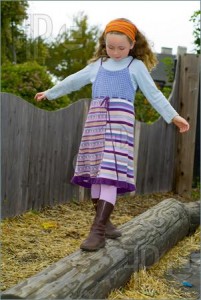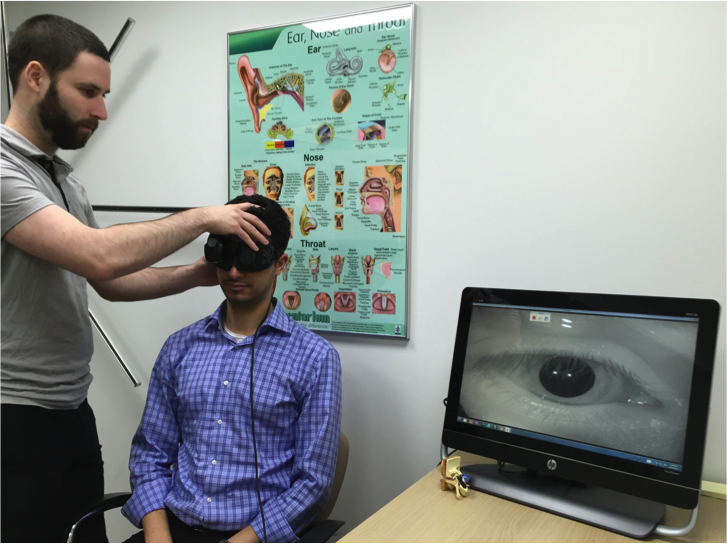Vestibular physiotherapy
Vertigo and dizziness are very common symptoms in the population, but unfortunately misdiagnosed. After negative imaging results, patients are often left to themselves with poorly appropriated medication.
Vertigo and dizziness problems are not unique to adults; children are also affected by them.
Vestibular rehabilitation is a specialization of physiotherapy assessing and treating people with vertigo, dizziness and balance disorders. The majority of associated pathologies are caused by impairment of the vestibular system: an important organ in the inner ear. This part of the body is essential to balance and to sensation of movements. Patients can have loss of balance, dizziness, rotary vertigo, nausea, visual disturbances, etc.
Centrally caused injuries (stroke, head trauma, migraine, etc.) can also cause these symptoms as well as coordination problems.
Vestibular rehabilitation aims habituation and vestibular compensation. In the case of a bilateral vestibular dysfunction, rehabilitation mainly focuses on substitution; visual and somatosensory information.


Vestibular rehabilitation aims to promote adaptation of the brain using a specific exercise program and adapted to the patient. These exercises have as a long-term goal to stimulate the brain plasticity, to compensate for what creates symptoms. These exercises are accomplished by the patient at home and follow-ups with the physiotherapist are used to reassess the evolution, change and add exercises. It takes several months in order to get cured, but the improvements are gradually noticeable during this period.
In the case of positional vertigo, maneuvers that frees the crystals housed in the semicircular canals are used. The Epley maneuver is a good example and very often, only one or two visits are required for this type of treatment.
Services offered at the Polyclinique Centre-Ville
At the Polyclinique Centre-Ville, experienced physiotherapists use advanced equipment to enable a more accurate diagnosis. The assessment is completed using a videonystagmoscope, a mask with an infrared camera connected to a software and a screen that allows them to see the eyes’ movement in total darkness. Dizziness is almost always accompanied by involuntary eye movements, often not detected during clinical examinations, explaining the usefulness of such a device.

Evaluation and more accurate diagnosis allows a more effective treatment plan. The specialized multidisciplinary team is at your service to make faster recovery and pleasant as possible.
In addition to the adult patients’ care, the Polyclinique Centre-Ville offers individual pediatric vestibular rehabilitation. It is an evaluation followed by specific rehabilitation development. Parents and their child will receive a series of personalized exercises to perform at home. At each visit, the improvement of the child will be re-evaluated. Often, it consists of a bi-monthly treatment.
Our Specialists
Graduated in physiotherapy from the University of Montreal in 2011, Philippe was interested in vestibular rehabilitation after his internship for a master’s degree in vestibular physiotherapy. His interest and passion for vestibular disorders have quickly oriented him toward the otolaryngologist / neurotologists team of the Polyclinique Centre-Ville. He acquired extensive experience in the rehabilitation of vestibular pathologies allowing him to provide treatment based on scientific and physiological facts. Philippe is in continuous training in vestibular rehabilitation and manual therapy allowing him to stay up to date and to provide the best treatment to his patients.
She received her Bachelor of Science in Physiotherapy in 1985 and masters in rehabilitation from McGill University in 1989. She started her specialization in the field of vestibular rehabilitation in Israel. Since 2000, she works as a physiotherapist and clinical research specialist at the Jewish Rehabilitation Hospital. In addition, Ms. Dannenbaum is often a trainer and lecturer in various medical conferences. At this time, her research is mainly concerns clinical assessments and treatment tools for people with vestibular deficits, visual vertigo. In addition, she is one of the few physical therapist with experience in pediatric vestibular rehabilitation.
